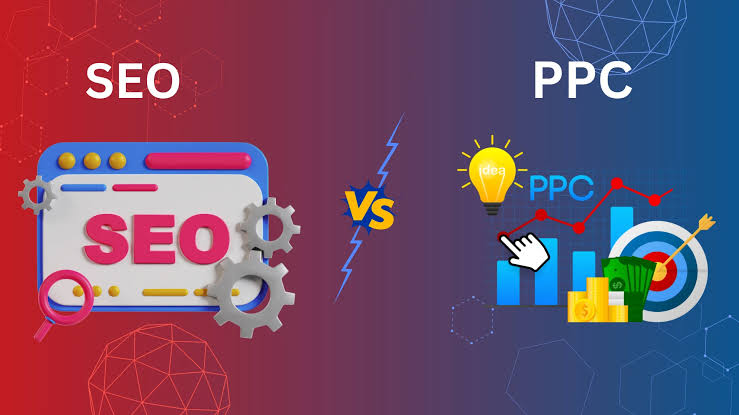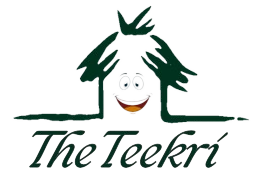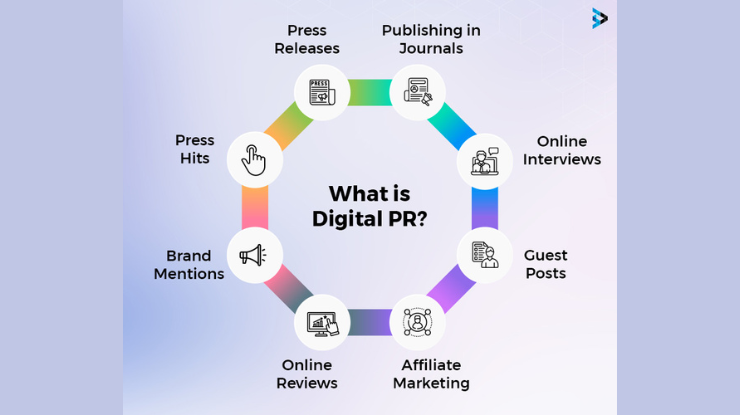
In the ever-evolving world of digital marketing, businesses face a common dilemma: should they focus on Search Engine Optimization (SEO) or Pay-Per-Click (PPC) advertising? Each strategy has its unique advantages and drawbacks, and the right choice often depends on your business goals, budget, and timeline. Let’s dive into the key differences, benefits, and scenarios where each strategy excels.
Understanding SEO
SEO involves optimizing your site and content to improve its visibility in organic search engine results. By targeting specific keywords and enhancing site usability, SEO aims to attract high-quality traffic over the long term.
Benefits of SEO
- Cost-Effectiveness: Unlike PPC, where you pay for every click, SEO attracts organic traffic without ongoing costs per visitor.
- Long-Term Results: Once your site ranks well, it can maintain its position with regular updates and minimal investment.
- Credibility and Trust: Users often trust organic results more than paid ads, leading to higher engagement rates.
- Brand Awareness: Consistently appearing in search results builds your brand’s visibility and authority.
Drawbacks of SEO
- Time-Intensive: SEO can take months to show significant results, making it unsuitable for businesses seeking immediate returns.
- Constant Updates: Search engine algorithms change frequently, requiring ongoing effort to maintain rankings.
- Competition: Highly competitive keywords can be challenging and require substantial investment to dominate.
Understanding PPC
PPC advertising involves paying for ads that appear at the top of search engine results pages (SERPs) or on social media platforms. Advertisers bid on keywords, and they are charged each time a user clicks on their ad.
Benefits of PPC
- Immediate Results: PPC campaigns can deliver traffic and leads within a short period of time, making it ideal for businesses seeking fast outcomes.
- Targeted Reach: Advanced targeting options allow you to reach specific demographics, locations, and user behaviors.
- Scalability: Budgets can be adjusted quickly based on performance, offering flexibility.
- Measurable ROI: PPC platforms provide detailed analytics to track the effectiveness of your campaigns.
Drawbacks of PPC
- Costly: High competition for popular keywords can drive up costs, particularly for small businesses.
- Short-Term Impact: Traffic stops when the ads stop running, making it less sustainable than SEO.
- Ad Fatigue: Users may ignore or distrust ads, especially if overexposed to them.
Choosing the Right Strategy
Choosing between SEO and PPC hinges on various factors:
1. Budget
- If you have a limited budget, SEO offers a cost-effective way to attract traffic over time.
- If you’re willing to invest in immediate results, PPC provides quick returns.
2. Timeline
- For businesses seeking long-term growth and sustainability, SEO is the better choice.
- For time-sensitive campaigns, such as product launches or seasonal promotions, PPC is ideal.
3. Competition Level
- In highly competitive industries, PPC may be necessary to gain visibility quickly, while SEO can complement it by building organic authority.
4. Goals
- If your goal is brand awareness and trust, SEO is more effective.
- For driving direct sales or leads, PPC offers a more targeted approach.
Integrating SEO and PPC
Rather than viewing SEO and PPC as mutually exclusive, many businesses find success by combining both strategies. For example:
- Use PPC to drive traffic and collect data while building your SEO efforts.
- Retarget users who visited your site through PPC campaigns with organic content.
- Optimize your landing pages based on PPC performance metrics.
Conclusion
SEO and PPC each play crucial roles in a well-rounded digital marketing strategy. Understanding your business’s unique needs, resources, and goals is key to choosing the right approach. Often, a balanced combination of both strategies delivers the best results, ensuring immediate visibility and sustainable growth over time.


